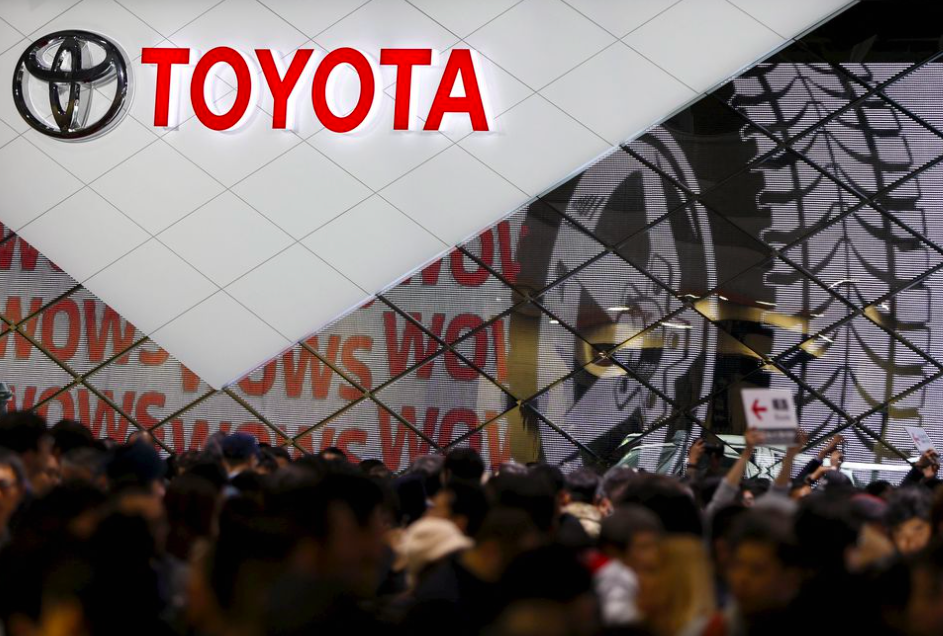By Satoshi Sugiyama and Tim Kelly
TOKYO, Feb 9 (Reuters) – Toyota Motor and Honda Motor were upbeat about their full-year profit prospects on Wednesday as tight vehicle supplies caused by a chip shortage allowed Japan’s two biggest automakers to charge their customers more.
The Japanese carmakers are also benefiting from a weaker yen that raised the yen value of their overseas earnings.
Toyota and Honda like other car makers are cutting output because they cannot find enough semiconductors amid COVID-related supply chain disruptions and competition for the key component from other industries, such as electronics.
Lower production, however, means their customers are more willing to buy cars with fewer financial incentives that carmakers typically offer to lure them.
“We are seeing a further 10% reduction in incentives in North America during the second half of the business year after they halved to $1,000 earlier,” said Kohei Takeuchi, Honda’s senior managing executive officer told a news briefing.
Toyota (7203.T) stuck with its full-year profit forecast of 2.8 trillion yen ($24.25 billion), while Honda upgraded its operating profit forecast for the year to March 31 by 21% to 800 billion yen.
Visitors crowd Toyota Motor Corp’s booth at the 44th Tokyo Motor Show in Tokyo, Japan, November 2, 2015. REUTERS/Issei Kato
Still, supply chain disruptions and chip shortages will continue to affect operations, Japan’s No. 1 and No. 2 automakers said, prompting them to cut costs in a bid to squeeze out more profit per vehicle.
Toyota cut its annual production target by a half a million more to 8.5 million vehicles, while Honda kept its 4.2 million target, though that was below the 4.85 million it was aiming for at the start of the business year.
Meanwhile, Honda (7267.T) reported 229 billion yen in operating profit for the quarter, also above an average forecast of 166.2 billion yen based on estimates from nine analysts, Refinitive data shows.
On Tuesday, Japan’s No. 3 automaker Nissan Motor reported its third quarter operating profit almost doubled to 52.2 billion yen as shrinking incentive payments helped it squeeze more profit out of fewer cars.
($1 = 115.4800 yen)











